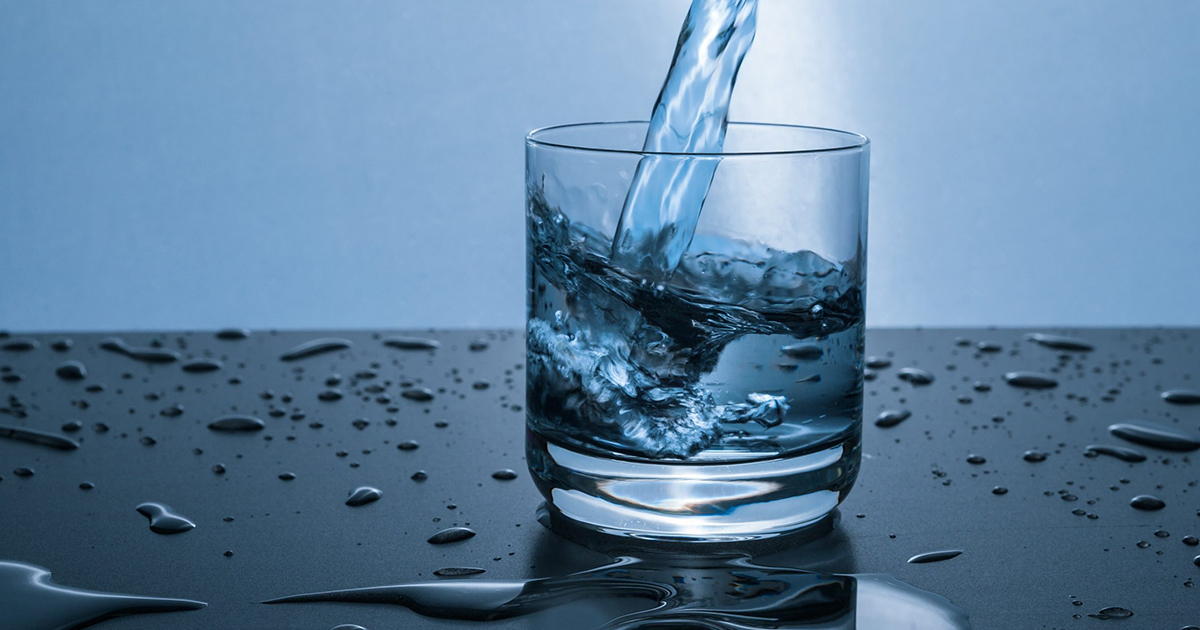Peak Season for Kidney Stones: Dietary Strategies

The hot season is a peak period for kidney stone formation. People who have previously experienced kidney stones may need to be especially cautious during the summer to avoid the risk of recurrence. Even healthy individuals can pay attention to their diet to prevent kidney stone formation.
What are Kidney Stones?
Our urine actually contains various metabolites, minerals, and other components. When minerals become saturated, they can form crystals that gradually deposit, creating small or even more significant kidney stones. The high temperatures and dehydration during the summer increase the concentration of minerals in the urine, raising the risk of stone formation. Therefore, appropriate dietary choices and hydration are crucial for preventing the development of kidney stones.
Hydration
First and foremost, maintaining adequate hydration is essential. In hot weather, sweating and dehydration are common, which can increase the concentration of minerals in the urine and raise the risk of stone formation. The general recommended daily water intake for healthy adults is 8 cups. However, individuals working or exercising in high temperatures may need to increase their fluid intake accordingly.
Mineral Intake
In addition to hydration, the diet should focus on mineral intake. Individuals with kidney stones should avoid excessive consumption of foods high in oxalate, as oxalate is one of the leading causes of crystal formation in the urine. Foods high in oxalate include spinach, celery, nuts, strawberries, and more. Minimizing the consumption of foods high in oxalate can help reduce the risk of stone formation.
Fruit and Vegetable Consumption
Furthermore, increasing the intake of vegetables and fruits is crucial. Vegetables and fruits are rich in fiber, vitamins, and minerals, which contribute to maintaining kidney health. Some fruits, such as watermelon and berries, are also beneficial for maintaining proper hydration.
To conclude, summer is a peak season for the formation of kidney stones, particularly for individuals who have previously experienced them. It is important to maintain adequate hydration, avoid excessive consumption of foods high in oxalate, and increase the intake of vegetables and fruits to protect kidney health.
- * All research and clinical data should be used as reference purposes only, results may vary.




